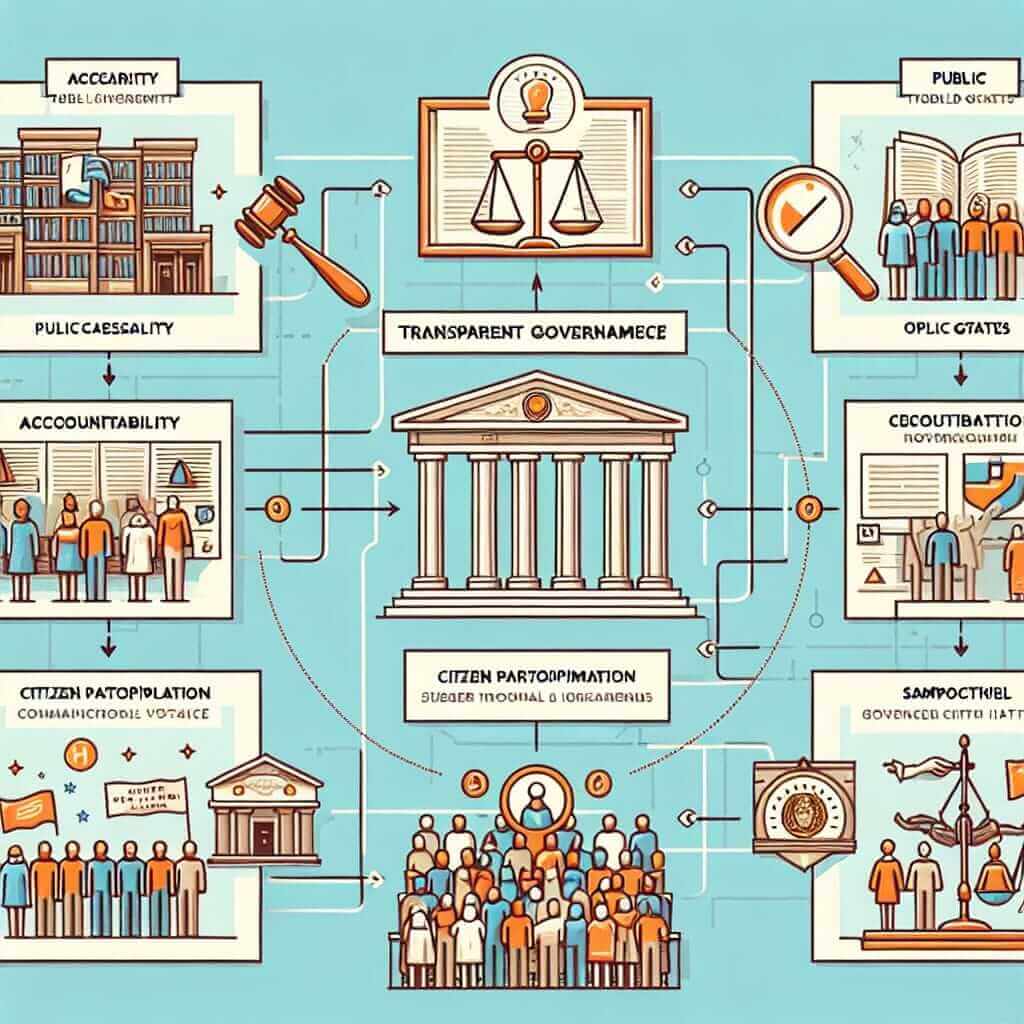The advent of online education has revolutionized the landscape of traditional learning methods. This topic has become increasingly relevant in the context of the digital age, where educational technology and student engagement are critical discussion points. In the IELTS Writing Task 2, examining “The impact of online education on traditional learning methods” not only allows candidates to showcase their understanding of contemporary issues but also tests their ability to argue and support their perspectives effectively. Let’s explore this multifaceted topic by creating some sample essay prompts and examining a comprehensive writing example.
Nội dung bài viết
Sample Essay Prompts
- Discuss the impact of online education on traditional classroom dynamics.
- To what extent has online education affected the quality of traditional education?
- Do you believe that the rise of online education has made traditional learning methods obsolete? Discuss.
Main Content
Choosing a Topic: To What Extent Has Online Education Affected the Quality of Traditional Education?
Analyzing the Question
The prompt: “To what extent has online education affected the quality of traditional education?” requires a balanced discussion on the positive and negative impacts of online education on traditional learning methods. Candidates should provide ample arguments and examples to support their opinions while maintaining coherence and cohesion throughout the essay.
Sample Essay
Title: Evaluating the Influence of Online Education on Traditional Educational Quality
In recent years, the increasing prevalence of online education has sparked a substantial debate regarding its impact on traditional learning methods. While some proponents assert that it enhances educational quality by providing greater accessibility and personalized learning experiences, critics argue that it compromises the depth and interpersonal aspects of traditional education. This essay will explore both perspectives and ultimately argue that while online education offers numerous benefits, it should complement rather than replace traditional learning methods.
One significant advantage of online education is its unparalleled accessibility. Students from diverse geographical locations and backgrounds can access quality educational resources, which would otherwise be unavailable to them. For instance, massive open online courses (MOOCs) offered by prestigious universities allow students globally to gain knowledge and skills at their own pace. This democratization of education fosters an inclusive learning environment and narrows the educational disparity caused by geographic and economic barriers.
Moreover, online education offers a high degree of flexibility and convenience. Unlike the rigid schedules of traditional classrooms, online courses enable students to manage their study time effectively, balancing academic pursuits with personal and professional commitments. This flexibility can lead to increased motivation and engagement, as students can learn at their own pace and revisit complex topics through recorded lectures and supplementary materials.
However, it is essential to recognize the potential drawbacks of online education. A significant concern is the lack of direct interaction and collaboration, which are hallmarks of traditional education. Face-to-face communication with instructors and peers fosters a deeper understanding of the material and hones critical thinking and analytical skills. Additionally, the absence of a structured classroom environment may result in decreased discipline and time management skills among students, negatively impacting their overall learning outcomes.
To mitigate these issues, a blended approach incorporating both online and traditional learning methods is recommended. This hybrid model leverages the benefits of online education’s flexibility and accessibility while maintaining the interpersonal and structured elements of traditional classrooms. For example, flipped classrooms, where students review online materials at home and engage in interactive activities in person, have shown significant promise in enhancing learning outcomes.
In conclusion, while online education has significantly impacted traditional learning methods, it should not be viewed as a wholesale replacement. Instead, integrating online and traditional approaches can create a more holistic and effective educational experience. By embracing the strengths of both platforms, educators can ensure that students receive a comprehensive and enriching education.
Word count: 390
 Impact of Online Education on Traditional Methods
Impact of Online Education on Traditional Methods
Key Considerations for Writing
- Balanced Argumentation: Make sure to present both sides of the argument, providing evidence and examples for each perspective.
- Coherence and Cohesion: Use linking phrases and cohesive devices to ensure that your essay flows logically from one point to another.
- Vocabulary and Grammar: Employ a wide range of vocabulary and grammatical structures to demonstrate language proficiency.
Difficult Vocabulary
- Prevalence (noun) /ˈprɛvələns/: The fact or condition of being widespread or common.
- Accessibility (noun) /ækˌsɛsɪˈbɪlɪti/: The quality of being easy to obtain or use.
- Democratization (noun) /dɪˌmɒkrətaɪˈzeɪʃən/: The process of making something accessible to everyone.
- Disparity (noun) /dɪˈspærɪti/: A great difference.
- Interpersonal (adjective) /ˌɪntərˈpɜːrsənəl/: Relating to relationships or communication between people.
Conclusion
In summary, the topic of “The impact of online education on traditional learning methods” is a rich and relevant subject for IELTS Writing Task 2. It invites test-takers to engage in critical thinking and articulate their viewpoints effectively. When preparing for this topic, remember to support your arguments with relevant examples, maintain balance, and use varied vocabulary to enhance your essay’s quality. For further practice, consider exploring related topics such as The Influence of Digital Transformation on Educational Access or The Impact of Educational Technology on Student Outcomes.
Happy writing, and best of luck with your IELTS preparation!


